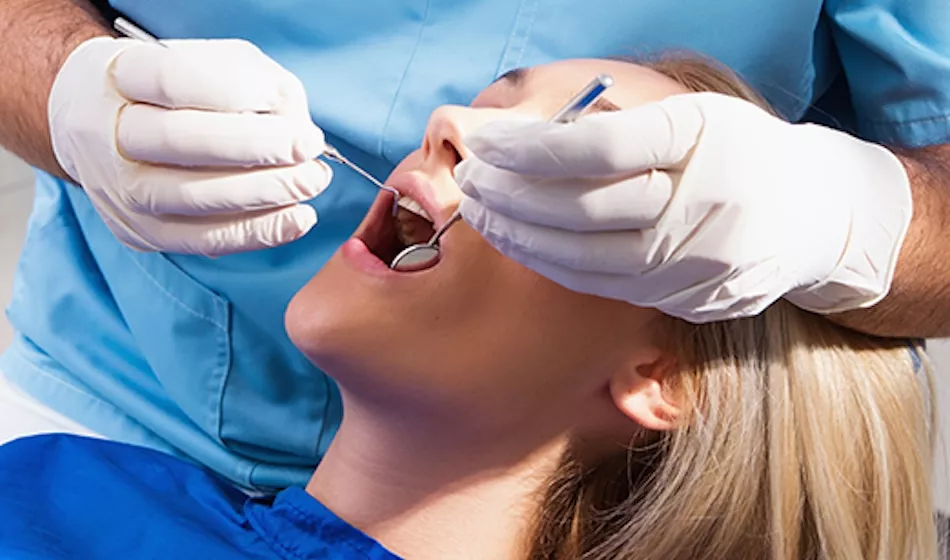Both oral and maxillofacial surgeries involve procedures that ensure oral health. Oral surgery treats mouth conditions such as teeth, jaws and gum issues. This procedure is performed in a clinic setting or oral and maxillofacial unit. On the other hand, maxillofacial surgery is a surgical procedure that involves the diagnosis and treatment of conditions in the mouth, jaws, neck, and face.
SHOULD YOU CONSIDER ORAL SURGERY OR ORAL AND MAXILLOFACIAL SURGERY?
Whether to choose oral or maxillofacial surgery will depend on your oral needs. For instance, you can consider an oral surgeon if you have impacted wisdom teeth. Besides, a dentist may recommend you to a maxillofacial surgeon if you have mouth and maxillofacial issues. The requirements of a maxillofacial surgeon include a combination of qualifications in medicine and dentistry. This is because the specialist is not limited to diseases of salivary glands, infections, ulcers, and cancer of the head and neck.
WHEN TO CONSIDER MAXILLOFACIAL SURGERY
Maxillofacial surgery, also known as oral and maxillofacial surgery, can treat several mouth, neck, and face conditions. Traumas such as falls, or car accidents can lead to injuries. The symptoms may appear immediately or weeks later if you have a face or head injury. In this case, visiting a maxillofacial surgeon is vital to treat the issue before it worsens. Sometimes, patients with jaw and facial injuries have brain injuries. Thus, the maxillofacial surgeon may work with a neurosurgeon to evaluate the condition. The process may take 2 to 5 hours, depending on the specific procedure performed.
WHO NEEDS ORAL SURGERY?
The most common oral surgery is wisdom removal and dental implant. During dental implant, the oral surgeon may perform bone grafting to ensure good bone density. Besides, some oral issues can be improved by corrective jaw surgery. For instance, a misaligned jawbone can affect eating and speaking. In this case, the oral surgeon can perform jaw surgery to manage the condition.
You can consider oral or maxillofacial surgery, depending on the type and extent of your condition. Both procedures are designed to improve oral health. Thus, before choosing one, it is best to define your oral needs.

